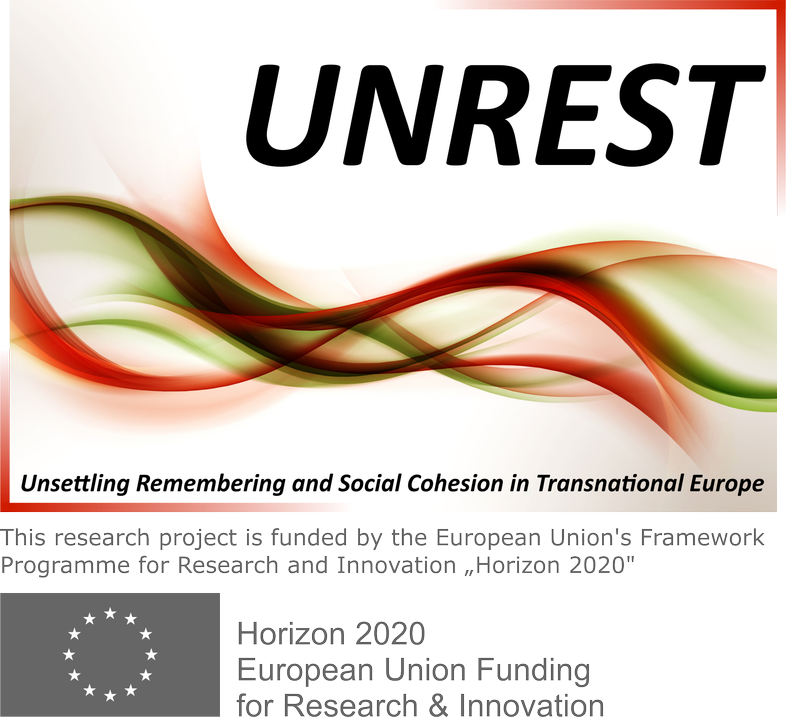TRACES Journal #03 | Call for papers
The current economic and political crisis of Europe is also a crisis of values and identities, and therefore a cultural crisis. Social and political conflicts between and within European states are acted out on the field of culture, including heritage institution and practices. This leads to a continuous and ubiquitous confrontation with European histories, values and conflicts. Such—often confrontational—negotiations are embodied and performed in tangible and intangible heritages. Recent works agree that cultural heritage as a mode of identity production is continuously produced and negotiated in the form of conflicting practices.
European cultural heritage indeed is inherently complex and layered. Conflicting or controversial perspectives on different historical memories and experiences have been always colliding in the variegated cultural landscape of Europe. These contentious heritages are often particularly difficult to convey to a wide public and can impede inclusivity as well as prevent the development of convivial relations. Nevertheless, if transmitted sensitively, they can contribute to a process of reflexive Europeanisation, in which the European imagination is shaped by self-awareness, on-going critical reflection, and dialogue across different positions. This assumption is at the basis of the EU funded research project Transmitting Contentious Cultural Heritages with the Arts: From Intervention to Co-Production, from which the TRACES Journal follows.
TRACES invites scholars, researchers, artists, educators with the widest range of backgrounds, specialisation, and perspectives to submit innovative and critical reflections on the theme of Contested Heritages in Europe, in the form of short or full papers aimed at illustrating and assessing creative and reflexive formats, tools and strategies of heritage transmission with the arts, as building blocks for a new European identity.
Contributions investigating the story and cultural influence of sites of memories, will be particularly welcome, as well as papers addressing the ways in which artistic practices, exhibitions, museums, education centres reflected the contentious heritage and provided an opportunity for a public debate, in order to identify, assess and evaluate creative and reflexive formats, research tools and strategies of heritage transmission with the arts.
A multi-disciplinary scientific committee will select contributions to be published in the printed and digital, open-access version of the magazine with its ISSN.
Deadline for submissions: January 09, 2017
The contributions, all in British English, should be e-mailed as attached documents to infoTRACES@polimi.it, where other inquires may also be addressed.
Short papers (max 6000 types including spaces and essential references, with 4-6 images) and full papers (max 22500 types, with 9-11 images) must include:
title (without name of the author/s);
body of the paper;
numbered footnotes;
bibliographical references;
image captions (sent in a separate file) supplied with the paper. Image captions must contain the same letters/numbering used for the corresponding files and credits (i.e. name of the photographer).
short bio – max 50 words – of the author/s (sent in a separate file) including full name, affiliation, and contacts.
Please, use a Chicago B (author, data) reference system.
All the images must be saved as separate file in .jpg format (300 dpi).
TRACES website: http://www.traces.polimi.it/
Call for papers: http://www.traces.polimi.it/2016/10/25/call-for-papers-mag03/
